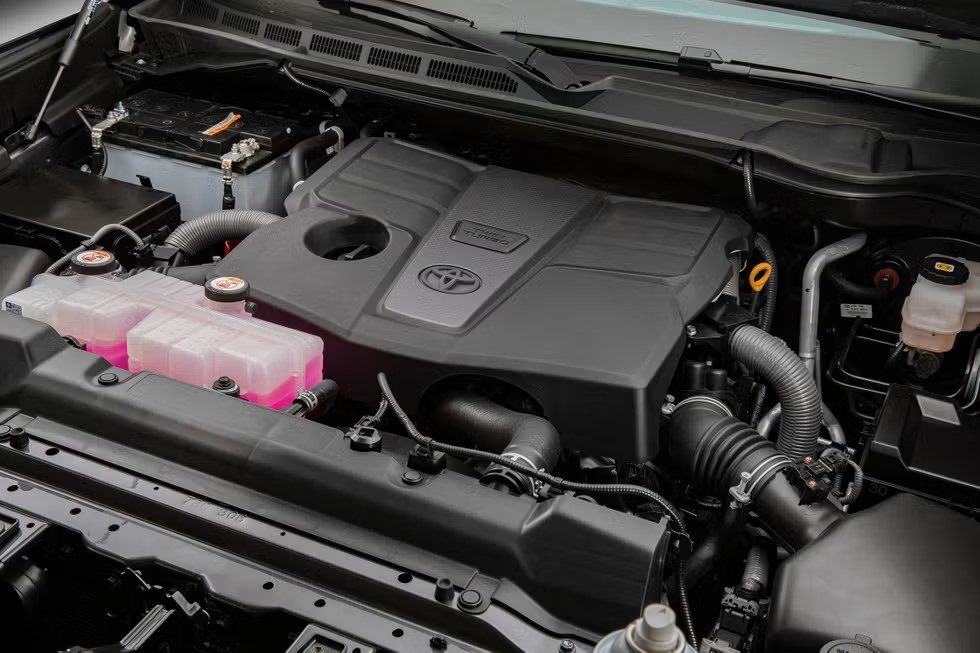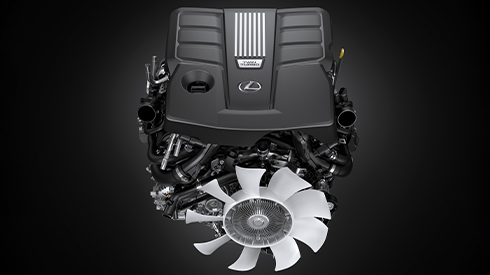Recalls are not exceptionally rare for Toyota compared to other vehicle brands. Toyota has issued numerous recalls over the years, some of which are among the largest in automotive history. For instance, aside from the massive Takata airbag recall (which involved 40 million vehicles), Toyota’s 2009 unintended acceleration recall affected over 4.4 million vehicles due to issues with floor mats and accelerator pedals.
This latest recall affects more than 100,000 V6 engines installed in Tundras and Lexus SUVs. This decision comes after the company identified a potentially serious defect that could impact the performance and reliability of these vehicles. The recall affects a wide range of models and has sparked concerns among owners and industry experts alike.
Toyota frequently appears near the top of annual reliability surveys and has taken this step as a precautionary measure to ensure the safety and satisfaction of its customers. The affected engines, part of a specific batch manufactured during a particular period, have been found to have potential issues that could lead to engine failure under certain conditions. This defect, though not yet widespread in terms of reported failures, has prompted Toyota to act swiftly to prevent any potential safety hazards.

The recall affects several models, including the Toyota Tundra and a range of Lexus SUVs known for their luxury and performance. These vehicles, equipped with the V6 engine in question, are now subject to a comprehensive inspection and replacement program. Owners of these vehicles have been notified and instructed to bring their cars to authorized dealerships for a thorough inspection.
Toyota’s recall is a proactive measure to address the issue before it becomes a widespread problem. The company has assured customers that the inspection and replacement process will be handled at no cost to them. Dealerships nationwide are gearing up to manage the influx of vehicles needing attention, ensuring that the process is as smooth and efficient as possible for affected owners.

The specific issue identified in the V6 engines relates to a potential defect in the engine’s manufacturing process. This defect could lead to premature wear and tear of critical components, potentially resulting in engine failure. While the exact number of engines affected is still being determined, Toyota has opted for a broad recall to ensure that all potentially impacted vehicles are addressed.
For Toyota, this recall represents a significant logistical challenge. Coordinating the inspection and replacement of over 100,000 engines requires careful planning and substantial resources. However, the company’s commitment to quality and customer satisfaction remains paramount. Toyota’s extensive network of dealerships and service centers is being mobilized to handle the recall efficiently and effectively.
Owners of the affected vehicles have been advised to contact their local dealerships to schedule an appointment for the inspection. The process involves thoroughly examining the engine, and if the defect is found, a complete engine replacement will be carried out. Toyota has assured customers that the replacement engines will be of the highest quality, ensuring that their vehicles continue to perform reliably for years to come.

Lexus, Toyota’s luxury division, is also heavily impacted by the recall. The affected Lexus models, known for their luxury and performance, will undergo the same inspection and replacement process. Lexus owners, accustomed to a high level of service, can expect the recall process to be handled with the same attention to detail and customer care that the brand is known for.
This recall also highlights the importance of rigorous testing and quality control in the automotive industry. While manufacturing defects can occur, the key to maintaining customer trust lies in how companies respond to such issues. Toyota’s swift action in identifying the problem, initiating the recall, and ensuring that affected customers are cared for sets a strong example for the industry. Analysts suggest that while the recall is a significant undertaking, it could ultimately reinforce customer trust in the brand by demonstrating Toyota’s proactive approach to addressing potential issues.
To see if your vehicle is involved in a safety recall, visit Toyota.com/recall or nhtsa.gov/recalls
Read More: Van DIY Conversion Kits :: Buyers Guide
Our No Compromise Clause: We do not accept advertorial content or allow advertising to influence our coverage, and our contributors are guaranteed editorial independence. Overland International may earn a small commission from affiliate links included in this article. We appreciate your support


